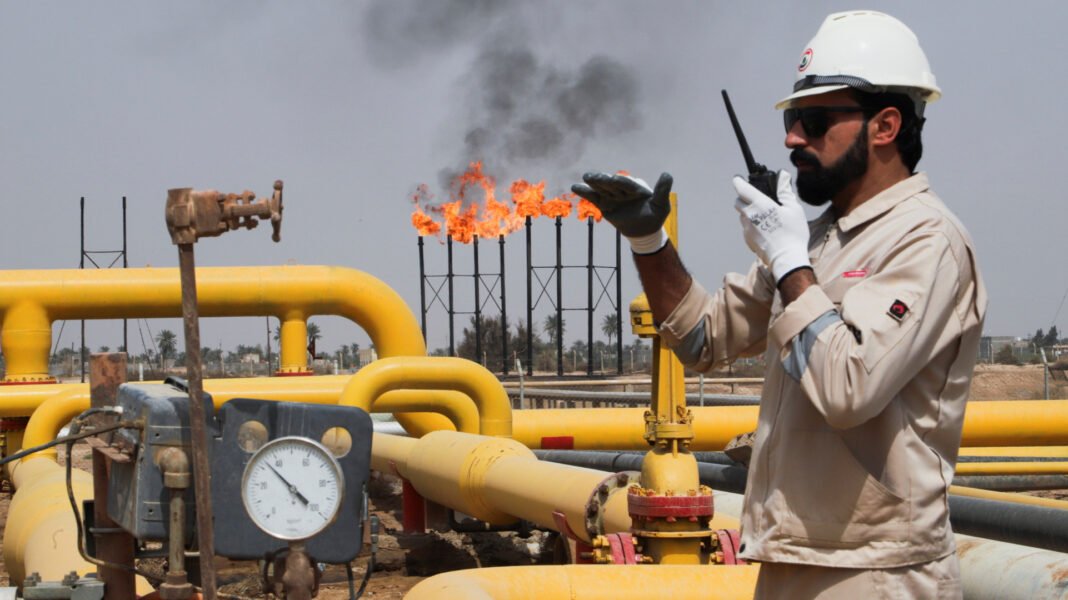Drone strikes in northern Iraq caused major disruptions to oil output, triggering market concerns. As a result, oil prices rise weekly, supported by supply fears and robust seasonal demand. The semi-autonomous region of Iraqi Kurdistan has been the center of these recent attacks.
Over four consecutive days, drones targeted oilfields in Iraqi Kurdistan, slashing production by almost half. Oil output fell from around 280,000 barrels per day (bpd) to nearly 145,000 bpd. These attacks, likely carried out by Iran-backed militias, hit crucial infrastructure. Although no group has claimed responsibility, the damage impacted global supply levels.
Because of these events, Brent crude futures rose 29 cents, reaching $69.81 per barrel. West Texas Intermediate (WTI) crude followed closely, gaining 27 cents and ending at $67.81 per barrel. Both benchmarks had already climbed by $1 earlier in the week. Clearly, oil prices rise weekly when Iraqi supply gets threatened.
Moreover, the timing couldn’t be worse. Summer travel has led to peak demand, pushing oil use to 105.2 million bpd worldwide in early July. That’s an increase of 600,000 bpd compared to the previous year. This growing demand, paired with reduced supply, helped support global prices.
In the U.S., demand surged as crude inventories dropped more than expected. Rising exports also contributed to the drawdown. Meanwhile, Asian refineries returned from maintenance, increasing their oil needs during the region’s peak demand season.
Despite plans by major oil producers to roll back supply cuts, market conditions remain tight. Analysts expect these fundamentals to support prices through this quarter. ING analysts predicted continued tightness before extra supplies ease the market in the final quarter of the year.
Still, some uncertainty clouds the global oil outlook. U.S. tariff decisions and future output increases may pressure prices once summer demand eases. However, for now, market participants react more to short-term disruptions. The drone attacks highlight Iraq’s critical role in global oil flows. Whenever violence or instability hits its energy regions, oil prices rise weekly in response.
Interestingly, Iraq’s federal government announced a plan to resume oil exports from Kurdistan to Turkey. This move comes after a two-year suspension and aims to restore some stability and revenue.


